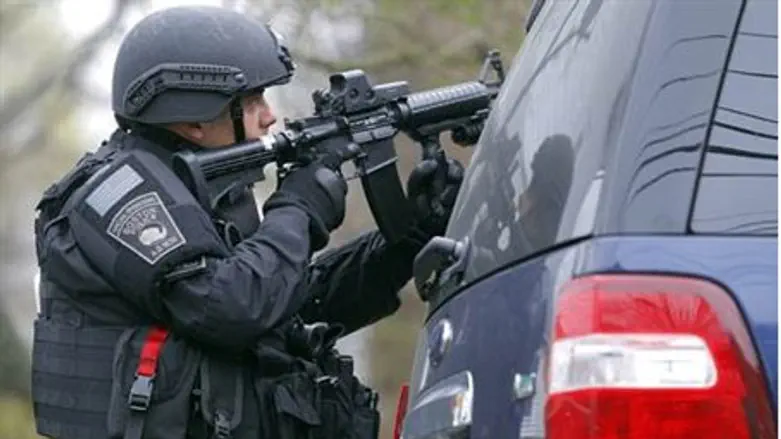
America's National Security Agency chief says ‘dozens’ of terror attacks were prevented in recent years through its surveillance programs, which have come under fire in the wake of a leak last week by American technical contractor and former CIA worker Edward Snowden.
U.S. General Keith Alexander told the Senate Appropriations Committee on Wednesday the controversial programs were responsible for saving thousands of lives.
"They do this lawfully," Alexander said, praising his staff in his opening statement for respecting the privacy of American citizens. "They take compliance, oversight, protecting civil liberties and privacy and the security of this nation to their heart every day. I could not be more proud of the men and women of NSA and Cyber Command."
One of the surveillance programs Alexander said had been particularly helpful in preventing terror attacks was a system used to track phone calls by would-be terrorists. The comment came in response to a question from Senator Patrick Leahy D-VT), who asked Alexander about the call-tracking surveillance of phone records conducted by the agency under Patriot Act Section 215. Although the system targets people who are not citizens of the U.S. and who are living outside of the country, it nevertheless sometimes sweeps Americans and non-citizens on U.S. soil into its net.
"The reality is, [these systems] work together," Alexander explained.
But the NSA chief denied that the agency has the ability to tap phone calls or electronic communications of American citizens in the country – contrary to the general belief of those on the panel.
"I know of no way to do that," he said.
Snowden's revelations included information about the agency’s practice of gathering information by gathering bulk data from Internet providers, email services and social media web sites.
Alexander was grim about the leak, warning it would have a serious impact. "Great harm has already been done by opening this up and the consequence, I believe is our security has already been jeopardized," he said. He added that the United States and its allies "will no longer be as safe as we were two weeks ago."
Clearly angry about being raked over the coals for the use of surveillance systems to protect the very people questioning their use, the general was adamant that the systems -- and their secrecy -- were a necessary evil.
"There is water, broken glass and everything else on the floor. We now can look at that, [but] if we tell the terrorists every way that we’re going to track them they will get through and Americans will die. I would rather take a public beating and people think I’m hiding something than to jeopardize the security of this country."